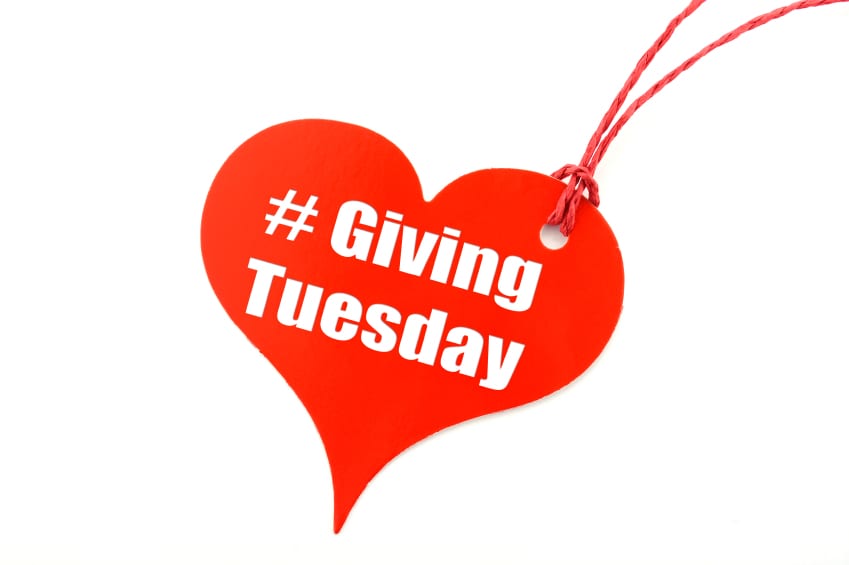 If financially supporting nonprofit organizations is important to you, be sure to find out if the charities you’re supporting are viable, worthy organizations. With so many charities around, and a number of them turning out to be fraudulent, it can be difficult to know which ones are legitimate and which ones aren’t. Some people are hesitant to give because they have no certainty where their money is going or what it might support. To help ease these fears, I’ve put together a checklist including signs a charity may not legitimate as well as ways to get more information if you think a charity might not be on the up and up.
If financially supporting nonprofit organizations is important to you, be sure to find out if the charities you’re supporting are viable, worthy organizations. With so many charities around, and a number of them turning out to be fraudulent, it can be difficult to know which ones are legitimate and which ones aren’t. Some people are hesitant to give because they have no certainty where their money is going or what it might support. To help ease these fears, I’ve put together a checklist including signs a charity may not legitimate as well as ways to get more information if you think a charity might not be on the up and up.
When I’m considering investing in a charity, whether volunteering my time, services, or making a financial donation, I always do my homework. If you’re asked to donate and don’t have time to adequately research the charity, here’s how to quickly spot a charity that probably isn’t legitimate:
- Any refusal from the fundraiser to provide information about the charity—its mission, target service demographic, and how your donation will be put to use.
- The name of the organization is very similar to another well-known charity but the two are not affiliated.
- The fundraiser can’t or won’t provide a donation receipt for tax purposes.
- Donations are only accepted in cash or via a wire transfer. For security and tax purposes, it’s best to pay by check — made payable to the charity — or by credit card. Wire transfers, much like cash, can’t be recovered once sent.
- The fundraiser applies heavy pressure for you to make a decision quickly.
 If you think a charity might be a scam—or if you want to report it—here are some steps you can take to get more information.
If you think a charity might be a scam—or if you want to report it—here are some steps you can take to get more information.
- Get detailed contact information on the charity’s head office or local office.
- Ask the solicitor if you can have time to do some research. If the asker is a door-to-door fundraiser, request they come back the next day. If they’re legitimate, this shouldn’t be a problem.
- Look online. Searching for the organization name should turn up commentary or warnings if the organization has been conducting fraudulent activities.
- Call someone in the head office or local office of the charity. If the fundraiser is using the name of a major charity (or a very similar name), find out directly from the organization if they’re aware of fundraising activities in your area.
- Ask for a percentage breakdown of how your donation will be used. Reputable charity fundraisers will be able to provide this information.
- To report a fraudulent charity, or to raise a concern, contact the Federal Trade Commission.
What NOT to do:
- Wire money.
- Give cash.
- Provide personal information or bank details.
There are several resources to help you find out more about charities, including:
- The Wise Giving Alliance, the online tool of the Better Business Bureau, evaluates and rates charities based on funding sources, spending, and accountability.
- Charity Navigator provides details on funding sources, spending, and oversight for all known U.S. charities, along with a rating score combining the organization’s financial health and accountability.
- GuideStar offers financial information and other organization details on IRS-approved charities, and for registered members it gives access to IRS forms.
- The Internal Revenue Service (IRS) provides information for all charities with valid tax exempt status.
Do you know of a great source of information or tip that should be added to this list? I’m all ears! Leave it comments below or tweet to me.








